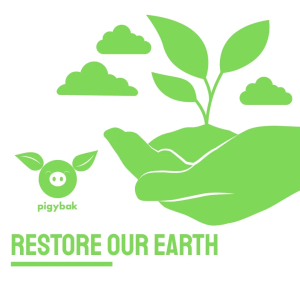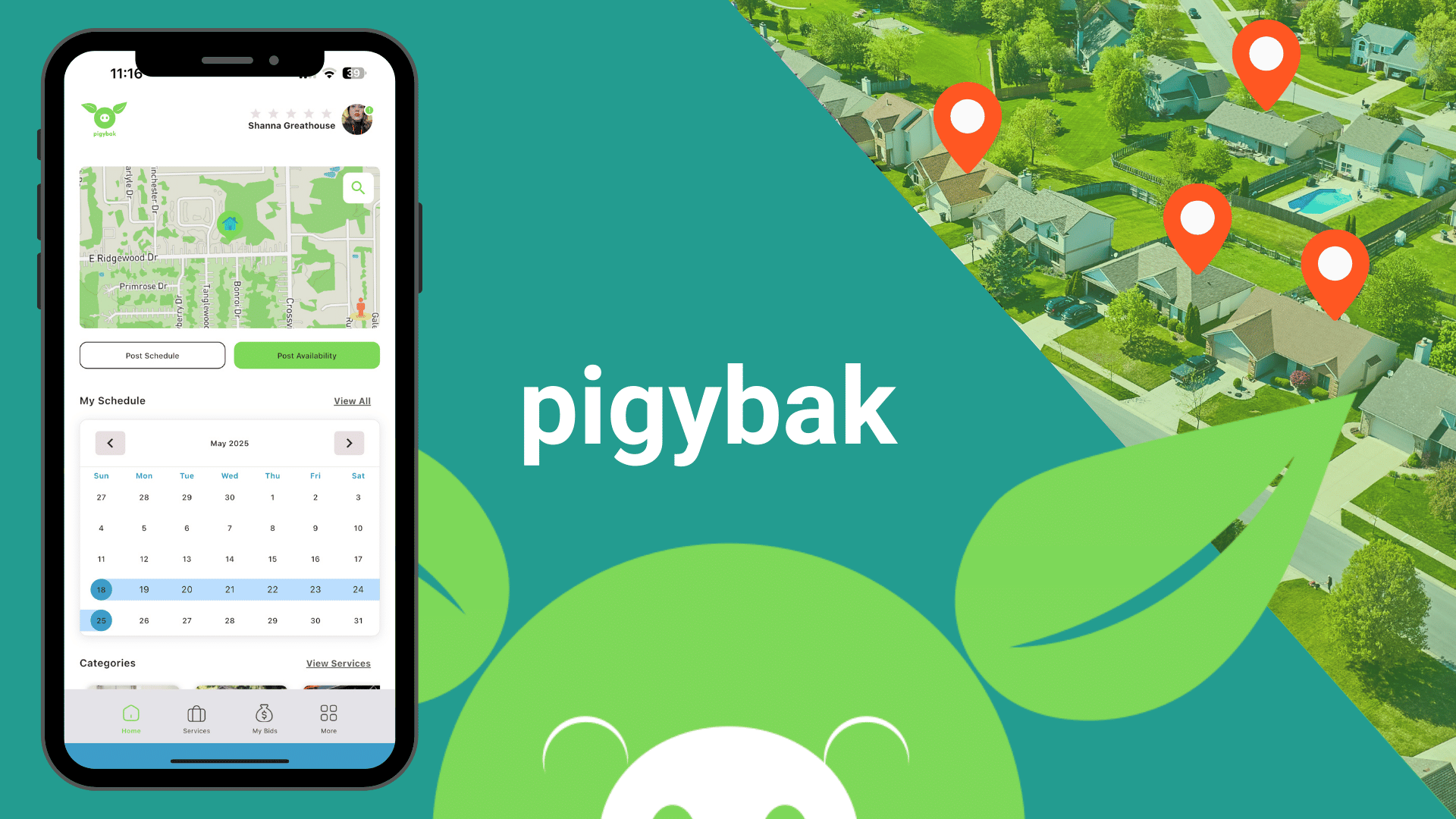
June 17, 2025 | Features, About Us
In recent years, there has been growing recognition of the significant environmental impact of the construction industry. According to a report by the United Nations Environment Programme (UNEP), the construction sector accounts for a staggering 37% of global greenhouse gas emissions due to energy-intensive processes and the use of carbon-intensive materials1. Shockingly, residential construction in the United States alone contributes more to climate change than the entire nations of Peru, Norway, or Sweden combined, with gas burning being a major culprit (RMI.org).

The construction industry’s impact on climate change goes far beyond energy consumption. Inefficiencies baked into traditional practices are a major culprit, contributing significantly to carbon emissions. One glaring issue? Contractors often travel long distances between multiple job sites, burning fossil fuels and releasing emissions into the atmosphere.
This constant back-and-forth doesn’t just hurt the planet—it’s a drain on resources. More fuel means higher costs, more wear and tear on vehicles, and a hit to productivity. And let’s be honest: from a business perspective, every hour spent on the road is a missed opportunity to generate revenue. Learn more about the environmental impact of construction inefficiencies from the United Nations Environment Programme.
So, how can we flip the script? By embracing smarter, more efficient systems. Pigybak’s platform helps contractors reduce unnecessary travel by clustering jobs within neighborhoods, optimizing routes, and making better use of time. Not only does this cut down on emissions, but it also means less money spent on gas and more time earning.
Let’s rewrite the construction playbook—better for the environment, better for business. Sign up with Pigybak today and take a step toward building a cleaner, more efficient future. Because sustainability starts with smarter solutions.
Tackling the environmental challenges posed by construction requires more than good intentions—it demands innovative solutions. One game-changing approach? Optimizing job site logistics to cut down on travel distances and reduce emissions. That’s where platforms like Pigybak step in to make a difference.
Traditional construction practices often involve contractors crisscrossing between job sites, wasting fuel, time, and money. This inefficiency not only drives up costs but also contributes to pollution and carbon emissions. The Environmental Protection Agency (EPA) highlights the significant role transportation plays in greenhouse gas emissions, underscoring the need for smarter solutions.
Pigybak’s platform takes the guesswork out of logistics by clustering jobs within neighborhoods and optimizing schedules. The result? Fewer miles driven, lower fuel costs, and more time spent on revenue-generating work. It’s a win for contractors, homeowners, and the environment.
Innovation doesn’t just solve problems—it creates opportunities. Join Pigybak today to take part in reshaping the construction industry into a more efficient, sustainable, and profitable ecosystem. Because smarter logistics mean a brighter future for everyone.
Pigybak isn’t just a platform—it’s a game-changer. By connecting homeowners with local contractors and service providers, Pigybak takes the guesswork out of finding the right help while prioritizing sustainability through smart job clustering.
Here’s the big idea: instead of contractors traveling long distances between job sites, Pigybak groups jobs in close proximity. This efficient approach drastically reduces the need for excessive travel, slashing transportation-related carbon emissions and fuel costs. It’s better for the planet and better for business. Learn more about the impact of transportation emissions from the EPA.
The result? Homeowners get quicker service, contractors save on time and expenses, and neighborhoods benefit from reduced traffic and pollution. It’s a win-win-win that’s helping redefine how communities approach home services.
Join Pigybak today and be part of the movement that’s not only simplifying home improvement but also building a greener, more connected future. Together, we can make sustainability the standard—one neighborhood at a time.
Let’s put Pigybak’s environmental benefits into perspective: for every contractor who uses our job clustering feature, the reduction in emissions is equivalent to planting 30 trees in terms of carbon capture. Yes, you read that right—30 trees!
By cutting down on unnecessary travel, Pigybak helps contractors reduce their carbon footprint while boosting efficiency. Fewer miles driven means fewer emissions, better air quality, and lower energy consumption overall. Learn more about the benefits of reducing emissions from the World Resources Institute.
This isn’t just about making home services more convenient—it’s about making them smarter, cleaner, and more sustainable. With Pigybak, homeowners and contractors alike can feel good about the impact they’re making on the environment.
Ready to start making a difference? Join Pigybak today and help us create a future where every job contributes to a cleaner, greener planet. Because sometimes, small changes can have a forest-sized impact.
Pigybak isn’t just a win for the environment—it’s a game-changer for homeowners too. By streamlining the contractor selection process and prioritizing job clustering, Pigybak makes home improvement projects easier, more affordable, and less disruptive.
Here’s how it works: our platform connects homeowners with trusted local contractors while grouping jobs in the same area. This approach reduces contractor travel, saving time and cutting down on costs for homeowners. It also means fewer interruptions and a more seamless experience for you.
But that’s not all. When you use Pigybak, your home improvement projects become part of a bigger mission—contributing to sustainability efforts in your community. Discover the importance of community-driven sustainability from the United Nations.
Pigybak isn’t just a platform for homeowners—it’s a game-changer for contractors too. With our innovative job clustering and travel optimization features, contractors can elevate their operations while saving time and money.
Here’s how contractors win with Pigybak:
This isn’t just about saving money—it’s about working smarter. Pigybak empowers contractors to maximize their time and resources while contributing to a more sustainable future. Learn more about how route optimization benefits small businesses.
As awareness of construction-related emissions grows, more stakeholders are embracing sustainable practices to minimize environmental impact. By supporting platforms like Pigybak that prioritize job clustering and reduce travel emissions, homeowners and contractors alike can play a crucial role in building a greener future.
The construction industry’s environmental impact cannot be ignored, but solutions are within reach. By adopting innovative practices like job clustering through platforms such as Pigybak, we can significantly reduce emissions associated with construction activities and pave the way for a more sustainable built environment.
Join the Movement: Support contractors in streamlining their business and contribute to a greener future by using Pigybak for your next home improvement project!
By advocating for sustainable practices and embracing innovative solutions, we can mitigate the environmental impact of construction activities and work towards a more sustainable future.
*Calculations based on average emissions reduction per job clustering on Pigybak.
I, [Customer Name], hereby authorize Pigybak to include my name, phone number, and address in their database. I also opt-in to receive notifications about upcoming services in my area. I validate that the information provided is accurate and represents my personal information, not others.
By providing this authorization, I understand and agree to the following terms:
I authorize Pigybak to set up a profile on my behalf, which may include my name, phone number, and address.
I consent to receiving notifications from Pigybak about upcoming services in my area via text message.
I acknowledge that I have the option to opt out of receiving notifications at any time. I can do so by directly contacting the contractor or managing my preferences in the Pigybak app.
I authorize Pigybak to share my contact information with the contracted service providers for the purpose of facilitating service delivery.
Pigybak agrees not to share my information with third parties without obtaining separate authorization from me.
I understand that Pigybak may update the terms and conditions, and I agree to review them periodically for any changes.
I acknowledge that the standard terms and conditions of the Pigybak mobile application, which can be found at www.pigybak.com/privacy-policy, apply to this authorization.
I acknowledge that this authorization is voluntary, and I have read and understood the terms outlined above. By providing my information, I consent to the terms above.

